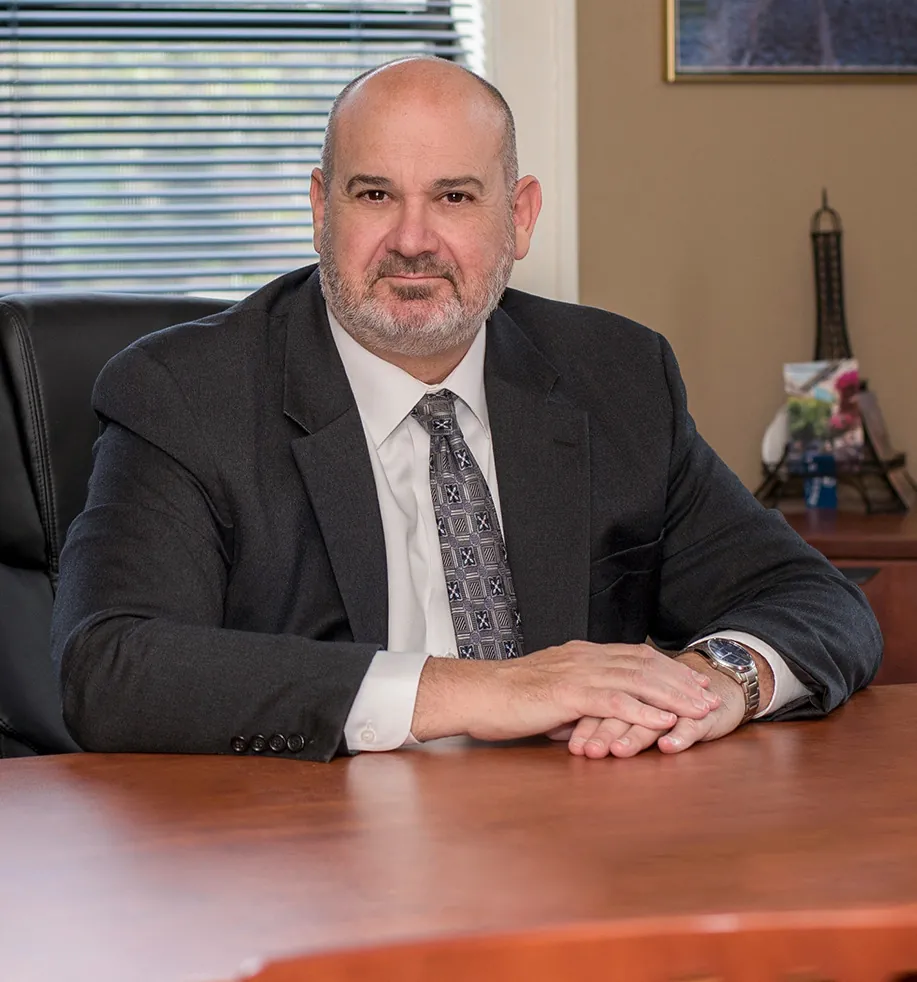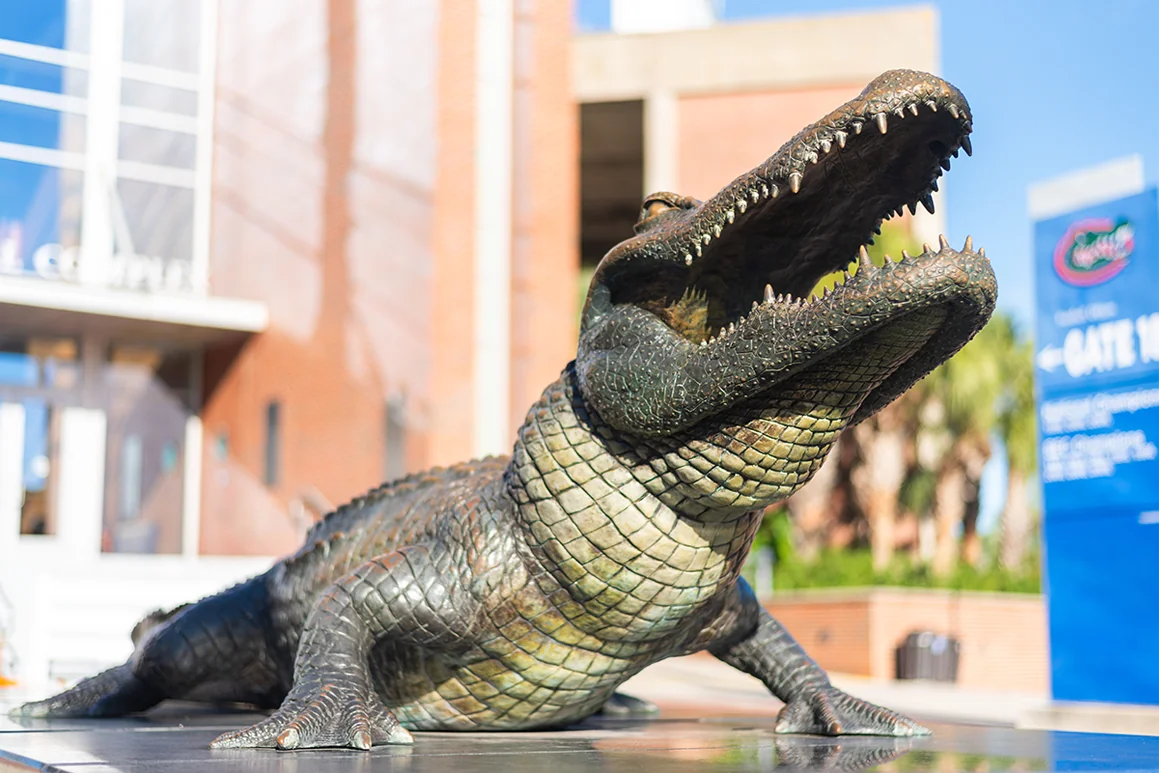If you have been charged with a criminal offense and you are under the age of 18 or your minor child has been arrested for a crime, it is important to hire an experienced Gainesville attorney to represent your best interests and prevent any serious lasting consequences to the criminal charges. The repercussions to a juvenile crime can include placement in a detention center or house arrest, a criminal record, negative effects on future job opportunities and/or possible denial from college and graduate school admissions. Frequent juvenile offenses can include, but are not limited to any of the following:
- Underage Possession of Alcohol
- Zero Tolerance DUI
- Drug Possession
- Marijuana Offenses
- Possession of a Fake ID
- Theft Crimes
- Vandalism
- Truancy
A juvenile may be able to avoid the most serious penalties with the help of a knowledgeable attorney. There are programs that certain juveniles may qualify for in place of jail sentences and criminal records. Some of these programs can include teen court, diversion programs, probation and deferred adjudication.
Gainesville Juvenile Crime Lawyer
If your child has been charged with any criminal offense while underage in Gainesville, or any of the surrounding areas in Florida, including Ocala, Alachua, and Lake City, contact the Galigani Law Firm. He is a knowledgeable criminal defense attorney who will make every effort to help your child stay out of the criminal justice system in Florida. Call the Galigani Law Firm today for a free consultation at (352) 375-0812 about your alleged violation of probation.
Gainesville Juvenile Offense Information Center
- Juvenile Delinquency Process in Florida
- Gainesville Alternative Punishments to a Juvenile Detention
- Civil Citation Program in Gainesville
- Florida Youthful Offender Act
- Juvenile Crime Penalties in Gainesville
- Gainesville Juvenile Offender Resources
Juvenile Delinquency Process in Florida
Florida law defines juvenile delinquency as the commission of a crime by anyone under the age of 18. Following a juvenile delinquency arrest, the Florida law enforcement agency may take one of three steps:
- Take the minor to a Juvenile Assessment Center (JAC) for intake and to determine if the juvenile needs to be detained;
- Release the minor to their parent or guardian and forward the charges to the court; or
- Release the minor to their parent or guardian with a referral to a diversion program.
During the intake process, the Juvenile Probation Officer (JPO) will conduct an interview with the juvenile and their family to create a plan to address the offense. Factors that will affect the plan can include the nature of the offense, the risk the minor presents to the community, the damages that resulted from the offense and other needs the juvenile may have. The Juvenile Probation Officer will then make a recommendation to the state attorney to formally prosecute the juvenile or permit the minor to enroll in a diversion program.
If a juvenile is recommended by the JPO to attend a pre-trial diversion program, the juvenile, and their guardian will likely be required to sign a waiver of speedy trial agreement where the youth agrees to waive their right to a speedy trial and agree to complete all requirements of the diversion program.
In certain felony cases, the juvenile offender may be tried as an adult in court and sentenced as an adult.
Gainesville Alternative Punishments to Juvenile Detention
An alternative to prosecution by the Department of Juvenile Justice that may be recommended by the JPO is a juvenile diversion program. Admittance into the program must be approved by the state prosecutor. The juvenile must agree to waive their right to a speedy trial and complete all requirements of the program. If the minor successfully completes the diversion program no further judicial action will be pursued by the state attorney, and their charges will be dismissed. If the juvenile does not successfully complete the program, the state attorney will file a petition formally charging the youth with the offense.
A youth who is between the ages of ten and 17 may be eligible for teen court in Alachua County. Teen court programs are diversion programs for juvenile offenders to learn from their mistakes while also repaying their debt to society for their offense and learning about the justice system in Florida. A juvenile offender must plead guilty before a jury of other teens and accept the punishments imposed by the teen court. Possible punishments can include counseling, restitution, writing a paper and/or community service.
A juvenile may be formally charged with a criminal offense, but their JPO may recommend they are sentenced to probation or residential commitment (house arrest) instead of placement in a correctional facility. If the juvenile is placed on probation, they will likely have pled guilty to the offense and must complete certain conditions and refrain from committing certain acts.
Civil Citation Program in Gainesville
Civil citation programs are designed for youth who commit first-time misdemeanor offenses in order to prevent them from becoming repeat offenders and further involvement in the justice system.
Under Fla. Stat. § 985.12, counties are permitted to establish a civil citation program. Alachua County is one such county that has opted to create a civil citation program. However, legislation passed in 2011, HB 997, now requires every county in Florida to establish a civil citation program.
Juvenile offenders who are eligible for these programs are required to perform up to 50 hours of community service, participate in possible family counseling, possible drug screening, possible substance abuse treatment and/or possible mental health treatment. They also may be required to write a letter of apology to the victim, pay restitution, submit to school progress monitoring and attend prevocational skill services. If these requirements are not met, the juvenile may be referred to the Department of Juvenile Justice.
Florida Youthful Offender Act
According to the Florida Youthful Offender Act in Fla. Stat. § 958.04, Florida law provides for a more lenient program for youthful offenders that would normally be prosecuted in adult court as opposed to juvenile court. This type of program may be beneficial for college student offenders in Gainesville who have committed a felony.
Individuals who were at least 18 but under the age of 21 when they committed a felonious offense and pled guilty, pled no contest or were found guilty to the offense may be eligible for supervised probation or a community control program instead of prosecution. The program also provides for mixed sentencing of probation and imprisonment. Individuals who committed life felonies or capital felonies are not eligible under the Act.
The maximum period a youthful offender may be on probation or serve mixed sentencing for is six years. This period cannot be longer than the term the offender would have received if sentenced with normal criminal penalties.
Juvenile Crime Penalties in Gainesville
A juvenile who is adjudicated of a criminal offense or fails to complete the requirements a juvenile diversion program could face the following penalties:
- Confinement to jail, prison or a detention center
- Placement on house arrest
- Probation
- Curfew
- Suspended or revoked driver’s license
- Fines
- Court costs and fees
- Community service
- Drug or alcohol screening
- Counseling
- Substance abuse treatment
A juvenile who has been adjudicated (pled guilty or found guilty) of a criminal offense will probably have a criminal record. Juvenile criminal records are kept by the Florida Department of Juvenile Justice until the earliest of the following dates unless they are previously sealed or expunged:
- The juvenile turns 24,
- Five years after the last juvenile offense,
- Three years after the juvenile offender’s death, or
- A serious or habitual delinquent youth turns 26.
Although these records are still retained by the Florida Department of Juvenile Justice, they are not open to public inspection.
Gainesville Juvenile Offender Resources
Florida Department of Juvenile Justice – The Florida Department of Juvenile Justice’s (DJJ) mission is to increase the public’s safety by reducing juvenile delinquency through treatment services, intervention, and prevention. A local office is located:
14107 US Highway 441Alachua, Florida 32615
Phone: (386) 418-5230
Alachua County Teen Court – The Alachua County Sheriff’s Office Teen Court Program is a voluntary diversion program for first-time offenders and gives at-risk juveniles an opportunity to participate in counseling services, educational classes, field trips and an introduction to the legal system. The teen court is located at:
2621 SE Hawthorne RoadGainesville, Florida 32641
Phone: (352) 367-4125
Eighth Judicial Circuit Juvenile Delinquency – The Eighth Judicial Circuit of Florida serves Alachua, Baker, Bradford, Gilchrist, Levy and Union Counties in Florida. This link provides access to frequently asked questions about juvenile issues and delinquency in central Florida.
Alachua County Community Outreach Civil Citation Program – This program is available for first-time misdemeanor offenders in Alachua County as opposed to prosecution by the Department of Juvenile Justice. The program is located at:
Greater Bethel African Methodist Episcopal ChurchP.O. Box 2186
Gainesville, Florida 32602
Galigani Law Firm | Florida Underage Offender Attorney
Contact the Galigani Law Firm today for a consultation about your minor child’s alleged crime throughout Alachua County in Florida. Dean Galigani is an experienced criminal defense attorney in Gainesville who will make every effort to help your child achieve the best possible outcome for their particular situation. Contact the Galigani Law Firm at (352) 375-0812 for a consultation about your juvenile’s alleged criminal violation throughout the counties in Florida, including Marion County, Levy County, Columbia County and Gilchrist County.








